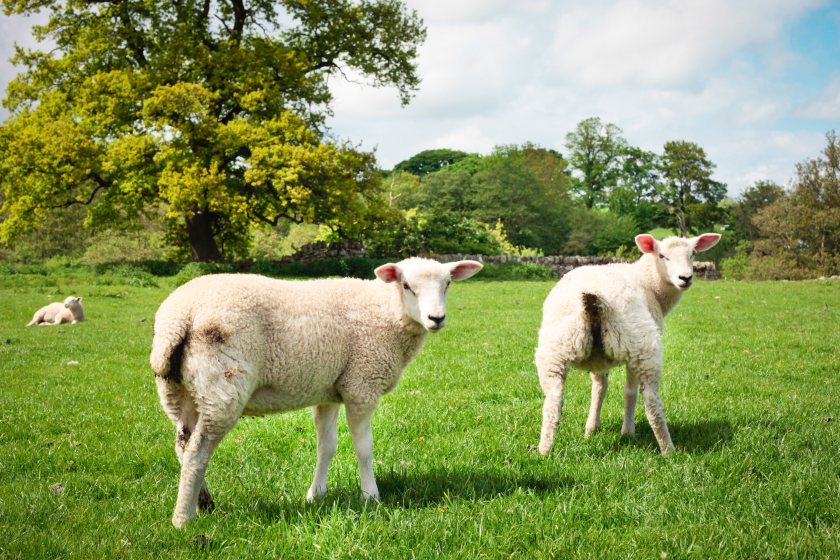UK strikes £700k livestock genetics agreement with Kenya

British sheep and goat breeders have won access to Kenya’s vast livestock market in a deal worth around £700,000 a year — marking another win for the UK’s world-leading livestock genetics sector.
The agreement, secured through Defra’s network of agri-food attachés, opens the door for UK exports of sheep and goat genetic material to Kenya’s estimated 46 million-strong livestock population.
It is seen as a key boost for Britain’s genetics export industry — supporting breeders, research institutions and rural businesses across the country.
The deal follows two years of discussions and will help Kenya meet its growing demand for high-quality breeding stock as it works to strengthen food security and agricultural productivity.
Kenya’s sheep and goat numbers are expected to rise sharply in the coming years, creating sustained demand for British genetics.
The UK’s reputation for excellence in livestock breeding — from Suffolk sheep and Dorking chickens to Angus cattle and Large White pigs — has long made it a global leader in animal science and genetics research.
British livestock genetics are already exported to more than 100 countries, while UK breeding stock underpins around 70 per cent of the world’s poultry.
Farming Minister Dame Angela Eagle said the new export deal reflects “the global demand for the high quality that defines UK agriculture”.
She praised the work of agri-attachés, saying they are “championing UK agriculture across the globe”. Eagle added: “This is exactly the kind of international collaboration that strengthens both our agricultural sector and our trading relationships worldwide.”
The agreement builds on growing international demand for British genetics. UK rams bred from imported embryos are achieving record prices in Argentina, while pig breeders are exporting frozen semen to countries affected by African swine fever — reducing biosecurity risks linked to transporting live animals.
Earlier this year, Turkmenistan also opened its market to high-value UK poultry genetics worth an estimated £250,000 annually.
Marcus Bates, industry chair of the UK Export Certification Partnership, said collaboration between industry and government was “now delivering great results for UK livestock genetics exporters”.
He added that partnership with the agri-attaché network had allowed the UK “to compete with the USA and some EU countries who have been using Ag Attachés for many years.”
British Poultry Council chief executive Richard Griffiths said “70% of the world’s poultry is rooted in high-value UK breeding stock”, describing the export industry as “worth £320 million”.
He praised agri-attachés for maintaining trade during avian influenza restrictions and “opening Turkmenistan for high-value genetics worth a quarter of a million pounds”.
The deal marks another stride in the UK’s effort to combine cutting-edge genetics research with global trade ambition — securing new markets abroad and proving that British breeding still sets the standard worldwide.








